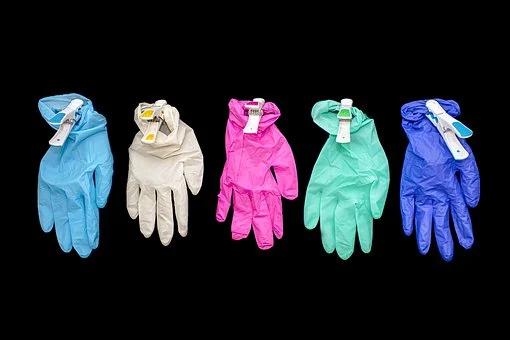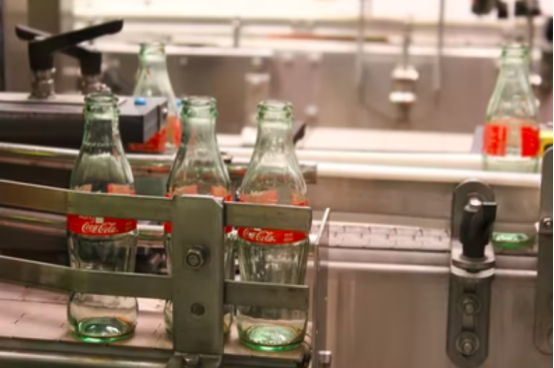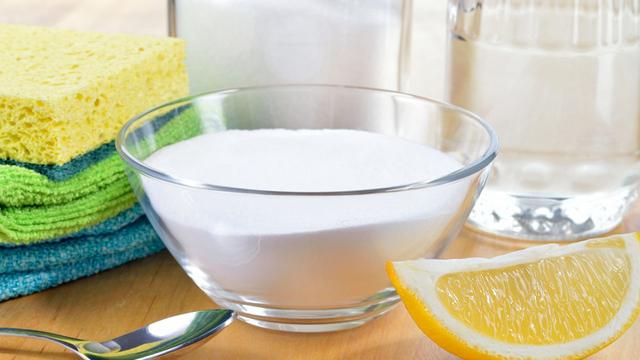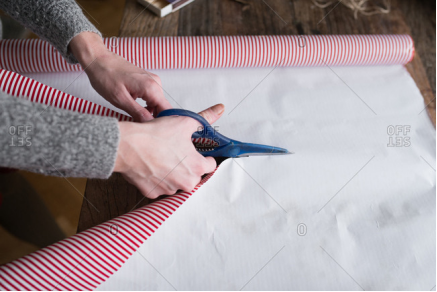RICEWAVE ™ is an eco-friendly resin material made from upcycled, non-edible rice
REPURPOSING non-edible rice that has to be thrown away
RICEWAVE ™ is a new, eco-friendly material that contains ‘rice resin’, a biomass plastic made from upcycled, crushed rice. developed by japanese furniture manufacturer meuble, in collaboration with partner companies biomass resin holdings and mitsui & co. plastics ltd., the material utilizes non-edible rice that has to be thrown away.
‘we have been thinking about product development from a new perspective, and have been studying and prototyping products using biomass materials for more than five years,’ says michiaki sakata, CEO of meuble co., ltd. ‘while studying various materials, including overseas biomass materials, I encountered rice resin and resonated with the fact that it is made in japan and that it utilizes waste rice that people cannot eat and must throw away.’
RICEWAVE ™ containing 10% rice resin

images courtesy of meuble, biomass resin holdings and mitsui & co. plastics ltd.
RICEWAVE ™ AS AN eCO-friendly alternative to polyethylene
together with biomass resin holdings and mitsui & co. plastics ltd., meuble is developing RICEWAVE ™ as an environmentally friendly alternative to polyethylene. the furniture company has been using polyethylene in its core material, ‘LITEWAVE®’, which it produces using in-house patented technology. seeking to reduce the usage ratio of this petroleum-derived resin and move into a more sustainable, eco-friendly direction, meuble now incorporates rice resin into the manufacturing of its products. ‘although it is a material that requires more adjustment of manufacturing conditions than ever before, we plan to start full-scale production in the future with the cooperation and advice of our partners to see if we can raise the biomass ratio even more,’ states the japanese company. together, they are planning to release interior products such as sofas and mattresses made from RICEWAVE ™.
the benefits of switching to biomass materials, and especially rice resin, include the reduction of CO2 emissions. according to mitsui & co., by switching from a normal plastic bag to a 30% rice biomass bag, CO2 emissions can be reduced by 30%, making it possible to contribute to carbon neutrality. in addition, rice resin, which can be mixed up with up to 70% rice, makes effective use of old, discarded rice that is not suitable for food. thus it not only reduces CO2 emissions but also supports agriculture. ‘abandoned cultivated land in japan is vast, exceeding the size of two tokyo metropolitan areas,’ explains the company. ‘we have started making rice for rice resin in this abandoned land, which will lead to agricultural support and aim to revitalize the region.’ if rice can be regarded as an alternative source equivalent to corn and sugar cane, then it may lead to solutions in japan’s environmental and industrial problems.
rice resin
project info:
name: RICEWAVE ™
companies: meuble, biomass resin holdings, mitsui & co. plastics ltd.







